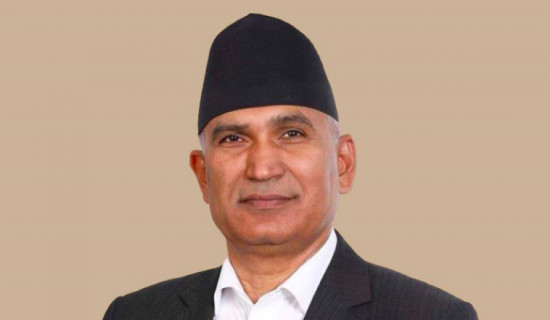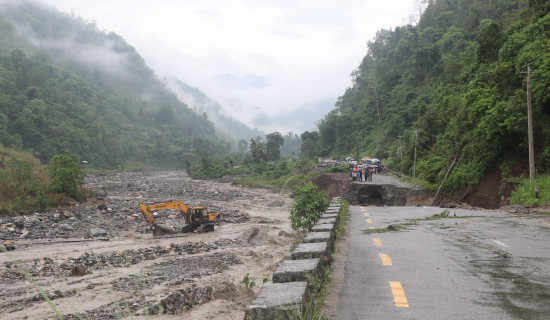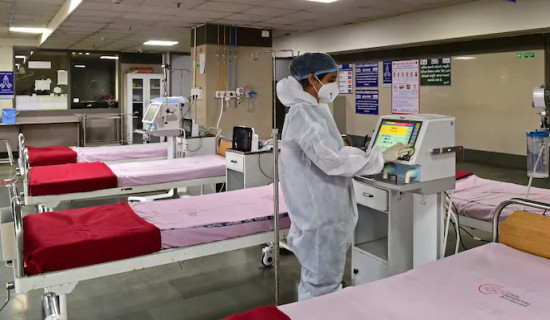- Saturday, 31 May 2025
OPDs see rush as COVID cases rise in India; fever, diarrhoea, hoarseness common
May 30: Coronavirus cases are once again rising in India, prompting states to ramp up preventive measures such as increased COVID-19 testing and preparation of hospital beds.
The Indian Council of Medical Research (ICMR) earlier stated that the variants currently circulating in the country are associated with mild symptoms. Among the Omicron subvariants detected are LF.7, XFG, JN.1, and NB.1.8.1.
COVID spike aligns with flu symptoms
As monsoon-related respiratory illnesses rise, distinguishing COVID from the flu has become a clinical priority. Dr Dhiraj Bhattad, consultant, internal medicine at Sir HN Reliance Foundation Hospital, told Hindustan Times, “Both flu and Covid-19 can cause fever, sore throat, cough, cold, headache, body ache and fatigue. But loss of taste and smell is a distinct sign of COVID.”
Health officials have intensified surveillance and testing for COVID-19 in light of rising influenza-like illnesses (ILI) and severe acute respiratory infections (SARI), especially in urban clusters. Doctors continue to caution the public about the difficulty in clinically distinguishing the flu from COVID-19.
According to a report by News18, symptoms of Covid being reported in hospitals included low-grade fever, dry or irritated cough, hoarse voice, nasal congestion or mild runny nose. Also, fatigue and muscle aches, headache, mild gastrointestinal symptoms are also present, such as nausea or diarrhoea, and throat discomfort.
States step up preventative measures
With increasing COVID-19 cases, states such as Mumbai and Haryana have stepped up preventive measures.
Municipal Commissioner of Navi Mumbai, Kailas Shinde, said, “We are ensuring adequate stock of essential medicines, PPE kits, surgical supplies, oxygen, and oxygen beds.”
In Haryana, officials have been asked to ensure hospitals establish dedicated flu corners and maintain adequate isolation beds, oxygen supplies, PPE kits, N95 masks, antibiotics, and testing kits. At the Postgraduate Institute of Medical Education and Research (PGIMER) in Chandigarh, special wards for COVID-19 patients, including ICU beds and high-dependency units, have been activated.
Doctors advise protecting the vulnerable
Dr Sanjay Jain, dean research, PGIMER, said, “Most new variant cases are mild, but vigilance is essential, especially to protect the vulnerable. Dr. Jain asked people to wear a mask while visiting crowded places, especially hospitals. In case of fever, cough, breathing issues, runny nose, or loose motions, don’t delay in seeing a doctor. Avoid taking antibiotics or steroids without a doctor’s advice. Extra care is advised for vulnerable populations such as the elderly, those with other health problems, and those with weak immunity should stay away from crowds and maintain proper hand hygiene.
According to zeebiz, in India, several states, such as Kerala, Tamil Nadu, Karnataka, Delhi, and Punjab, have been recording new coronavirus cases every day. In Maharashtra, 76 new COVID-19 cases were reported on May 29. However, most cases remain mild.
Currently, the JN.1 variant is the most prevalent in India, found in over 50 per cent of tested samples. It is followed by BA.2 (26 per cent) and other Omicron sub-lineages (20 per cent).
Jaipur records highest number
At least 15 new COVID-19 cases were reported in Rajasthan on Thursday (May 29), with Jaipur recording the highest number at nine cases.
Jodhpur reported two cases, while four were detected in Udaipur. In addition, a new variant of the coronavirus has been confirmed in the state. Samples from four patients sent to the National Institute of Virology (NIV) in Pune revealed two cases each of the XFG and LF.7.9 variants.
Currently, these two variants are being reported more frequently in the western and southern states of India. Apart from them, strains from the JN.1 and NB.1.8.1 series are also being detected.
Death in Karnataka and Chandigarh
In Karnataka, a 70-year-old man's death was caused by late-onset seizures linked to diabetes, hypertension, IHD, and positive status, as well as abrupt cardiorespiratory arrest with encephalopathy.
A 40-year-old patient on Wednesday succumbed to the COVID-19 virus at the Government Medical College and Hospital (GMCH), Sector 32, officials said.
Uttar Pradesh
The Uttar Pradesh government has issued an order to keep more than 2800 employees who worked during the previous COVID time in permanent service.
The development takes place after there has been a sudden surge in Coronavirus cases in the country.
Active cases and fatalities
Currently, around 1,252 active cases in India and at least 13 deaths have been reported so far.
(With Hindustan Times, PTI and ANI inputs)

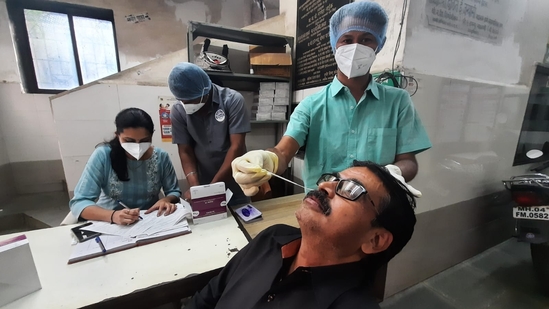


-square-thumb.jpg)
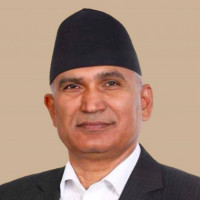
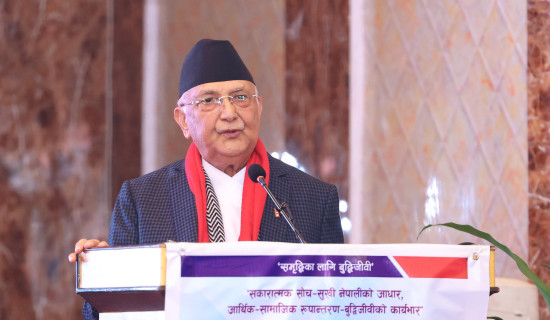
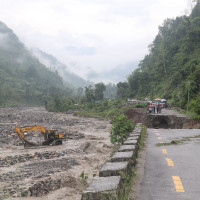


-original-thumb.jpg)
